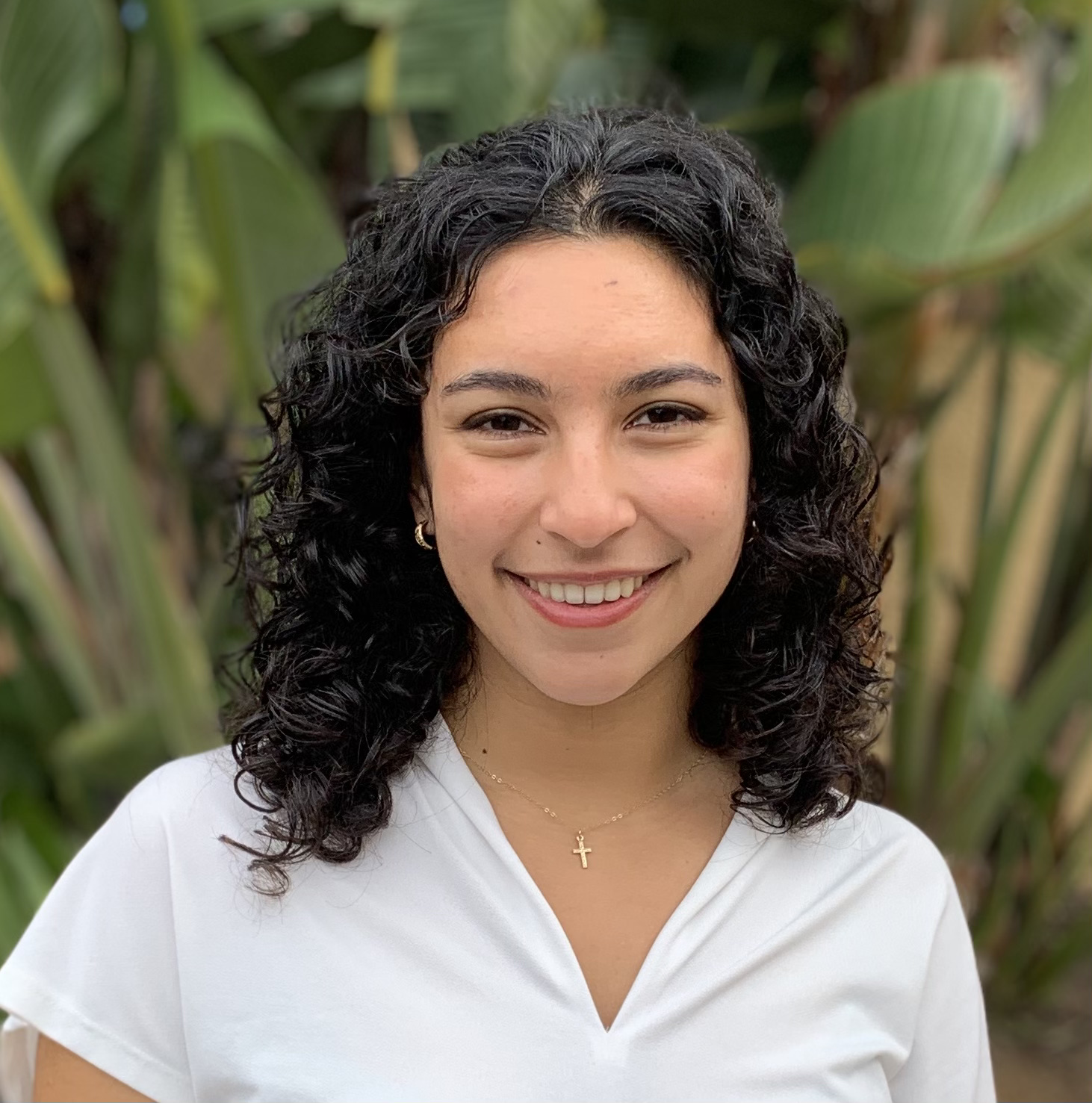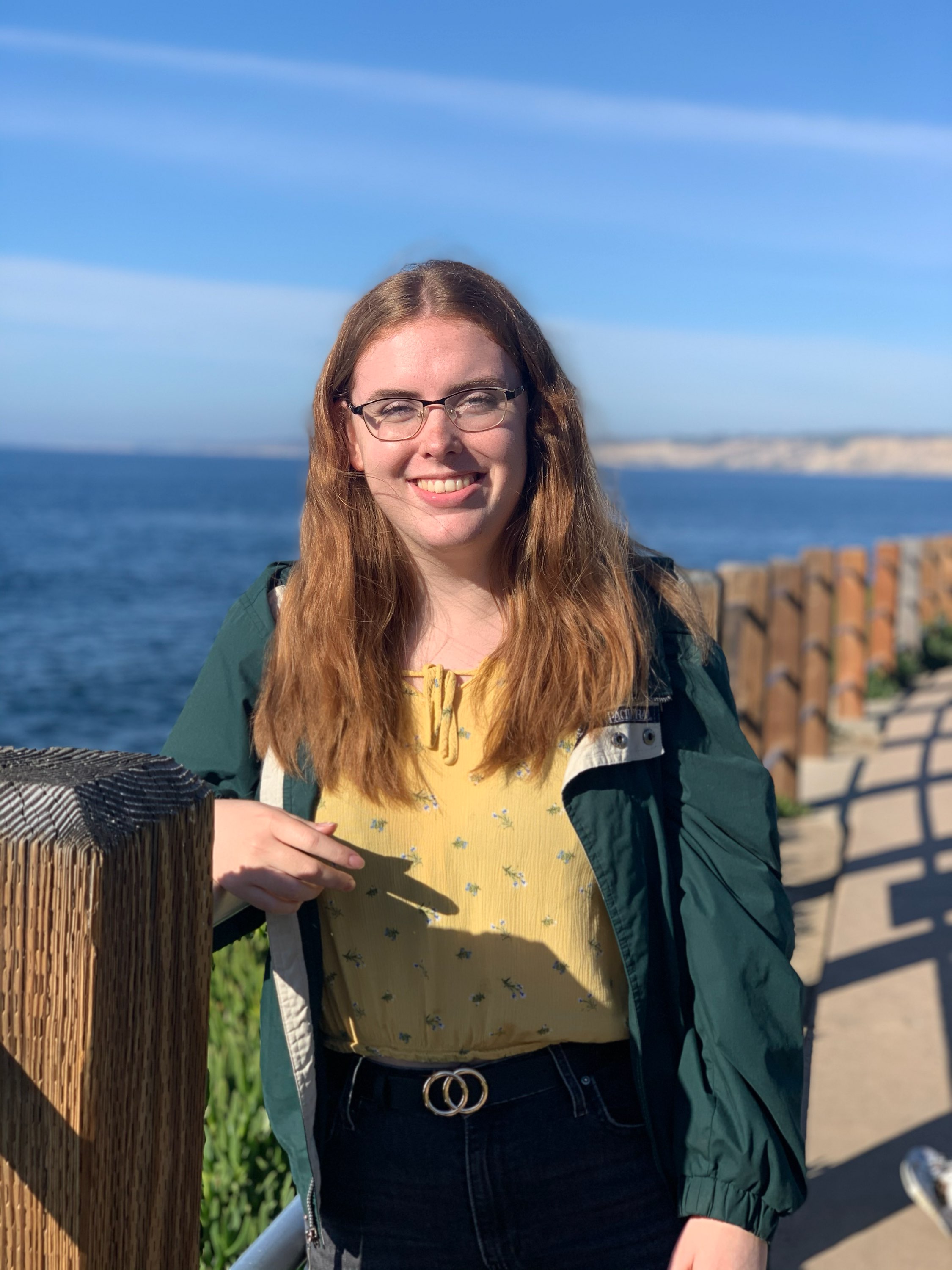Program / Treatment Design
(PS13-C55) Feasibility of an Active Control Group Therapy for Use in a Randomized Controlled Trial of Collaborative Decision Skills Training

Joanna N. Jain, B.S.
Clinical Research Assistant
VA San Diego MIRECC/University of California, San Diego
San Jose, California
Sydney Seaton, B.S.
Clinical Research Assistant
VA San Diego MIRECC/University of California, San Diego
San Diego, California- LM
Lauren E. McBride, B.A.
Study Coordinator
VA San Diego MIRECC/University of California, San Diego
San Diego, California - JB
Jennisa S. Bangal, None
Research Assistant
University of California San Diego
Carlsbad, California 
Zhiying Quan, B.S., B.A.
Undergraduate Student double majoring in Clinical Psychology and Sociology
University of California San Diego
La Jolla, California- VG
Vanessa Girard, LCSW
Licensed Clinical Social Worker
VA San Diego Healthcare System
San Diego, California - ET
Emily Treichler, Ph.D. (she/her/hers)
Assistant Professor and Research Psychologist
VA San Diego MIRECC/University of California, San Diego
San Diego, California
Author(s)
Co-Author(s)
Background:
Guided by a theoretical model used in other RCTs for evidence-based skills training (Granholm et al., 2014), we developed Leveling Up for a group therapy called Collaborative Decision Skills Training (CDST). Both groups were delivered for ten weeks at a Psychosocial Rehabilitation and Recovery Center (PRRC) serving Veterans with serious mental illness (SMI). Leveling Up was designed with the intention of creating a semi-structured and supportive therapeutic group for Veterans with SMI to share their experiences and receive therapist and peer support, psychoeducation, and resources, without receiving exposure to any of the core functions of CDST. Although this group is designed to not increase collaborative behaviors, it was tailored for Veterans with SMI so as to take advantage of the general benefits of group therapy for this population. Our aim was to assess the feasibility of Leveling Up as an active control for CDST.
Methods:
The key components of Leveling Up include a weekly check-in to address concerns and facilitate discussion, weekly psychoeducation topics with Veteran-specific resources and befriending that involves neutral topics to build rapport between the group members. In cohort 1, four sessions of Leveling Up were monitored for fidelity to ensure that the clinician was not including active ingredients of CDST or setting goals with Veterans, and that the clinician was maintaining group leader skills such as clear communication and facilitating discussion. The clinician also reported Veteran attendance (yes/no) and engagement on a 7-point Likert scale (“completely disengaged” to “completely engaged”) during each session. Therapist modifications were tracked using the Modification and Adaptation Checklist (Wiltsey-Stirman et al., 2022).
Results:
Cohort 1 (N = 5) of Leveling Up began September 2022 and ended November 2022, with 90% attendance and ~83% engagement. After excluding one outlier, the engagement rate rose to ~90%. Fidelity was ~96% for group leader skills and 100% for exclusion of CDST features. Following session 6, which was not monitored for fidelity, the clinician reported a fidelity violation that occurred when the clinician and Veteran used problem-solving to resolve a personal crisis after the session. Although Leveling Up excludes problem-solving skills, the PRRC policy is to provide post-session support to Veterans experiencing a crisis.
Conclusion:
High attendance, engagement, and fidelity indicate feasibility of Leveling Up for use as an active control in RCTs. The ongoing RCT will include 5 to 6 total cohorts; future cohorts will further elucidate the feasibility of Leveling Up for CDST and future trials, as well as potential benefits to participants. Success of Leveling Up as an active control may provide benefits of supportive group therapy without confounding experimental results. The flexibility of the weekly education topics may also allow Leveling Up to be adapted for use as an active control in other populations.

